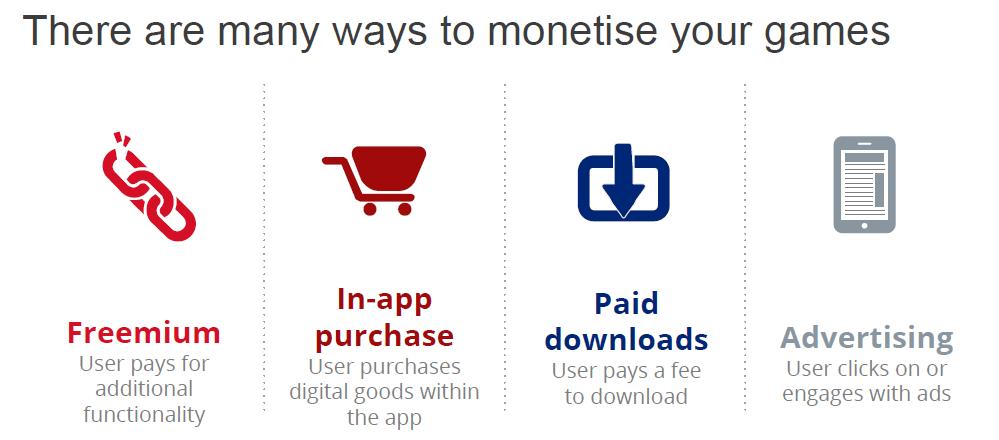 Sergio Salvador made an ardent plea at Singapore’s Casual Connect Summit in the Hotel Shangri-La today. The global head of games partnership at Google said the games industry has undergone more changes in just the past two to three years than it has in past decade.
Sergio Salvador made an ardent plea at Singapore’s Casual Connect Summit in the Hotel Shangri-La today. The global head of games partnership at Google said the games industry has undergone more changes in just the past two to three years than it has in past decade.
“We’d like to work with game developers and help them understand the Google ecosystem and grow their business,” he said. “Today, markets have become increasingly global; technological challenges not related to game development are popping up; people are not willing to pay for games.”
 He pointed out that it used to be easy to monetise games: in an arcade you could take out all the coins in a sack and that was your earning. “But today’s world of digital is more challenging,” he added. “Only one to five per cent of gamers pay for premium games; whereas, 66 per cent of mobile games are never played.”
He pointed out that it used to be easy to monetise games: in an arcade you could take out all the coins in a sack and that was your earning. “But today’s world of digital is more challenging,” he added. “Only one to five per cent of gamers pay for premium games; whereas, 66 per cent of mobile games are never played.”
Salvador highlighted that the big developers have resources which are not necessarily devoted to games but helps them monetise things better. “But innovation sometimes there is lacking,” he stated. “Smaller studios have the innovation but they don’t necessarily have the resources. Floppy Bird and 2048 are rarities.”
He further stated that a study conducted across even four developed markets like UK, France US and Germany gave a clear indication that consumers have a great resistance to pay. “The majority of users download free apps,” he revealed. “In app spending dominates total gaming spend, averaging 91 per cent across these four markets. Success can be achieved by developers by combining advertising with in app purchases.”
According to a report by Garter free downloads have been on a rise and is expected to grow by one per cent every year to reach about 94.5 per cent in 2017. Google feels that the best business model to achieve success is a great mix of ad driven as well as in-app purchase model.
He revealed that game developers can use Google’s AdMob – a mobile platform to enable developers understand and monetise better. “We expect our payouts to developers to go up by 100 per cent in 2014,” he explained. “We want to partner with game creators and enable them to use our technologies to build distribute and monetize their applications.”
Google simply targets to understand its audience better, while driving in-app revenues and maximising its advertising revenue. Now, that looks like a foolproof plan.

